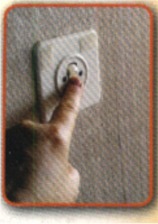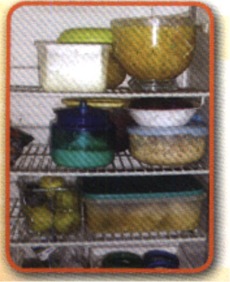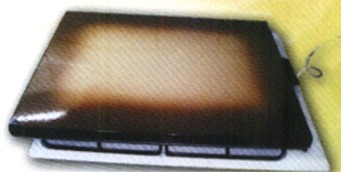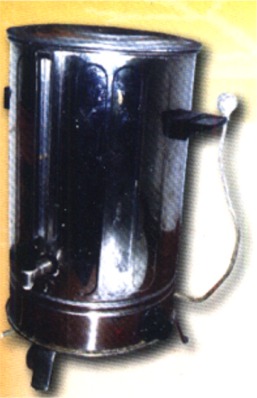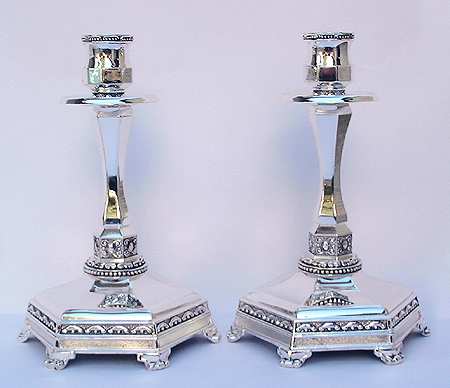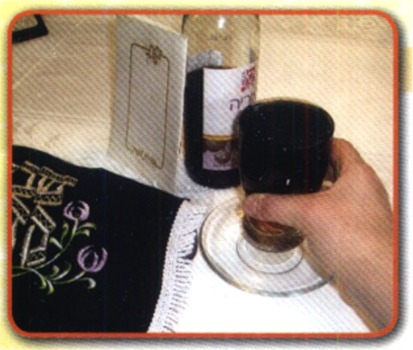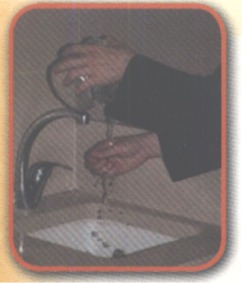- פרטים
-
קטגוריה: Shabbat Pleasantness
-
פורסם בשבת, 21 נובמבר 2020 16:58
-
נכתב על ידי Super User
-
כניסות: 347
Introduction
The tora says: “Zachor et Yom HaShabbat le’kadsho. Sheshess yamim ta’avod ve’osita kol melachtecha. Ve’yom hashevi’i Shabbat l’Ado-nai Elo-hecha, lo ta’aseh kol melacha ata u’vincha u’vitecha”−
"Remember the Shabbos to sanctify it. You shall work for six says [during which] you shall do all your labor. The seventh day [is for] the L-rd your G-d [and on it] neither you nor your son and daughter shall do any work.”
The Rambam writes:
“Whoever observes the Shabbos according to the halacha [Jewish law] and honors and delights it, receives reward in this world, in addition to the great reward which lies hidden for him in Olam Haba [the Future World].”
- פרטים
-
קטגוריה: Shabbat Pleasantness
-
פורסם בשבת, 21 נובמבר 2020 16:57
-
נכתב על ידי Super User
-
כניסות: 449
Weekdays
It is a mitzvah to recall the Shabbat during the weekdays too. Therefore, when Jews count the days of the week, such as Yom Rishon, Yom Sheini [Sunday, the first day, Monday, the second day etc.] they attribute the days to the previous Shabbbos, and say: “Yom Rishon le’Shabbat, Yom Sheini le’Shabbat,” meaning that Yom Rishon is the first day after Shabbat, Yom Sheini, the second day after Shabbat and so on, and in that manner they recall the Shabbat the entire week.
It is a mitzvah to purchase challos and finer food items before Shabbat (in accordance with one’s financial means) in order to eat them on Shabbat It is desirable to say “lechvod Shabbat” (“in honor of Shabbat”), regarding every such purchase. It is a mitzvah to bathe in honor of Shabbat on Thursday or Friday. However, on Shabbat it is forbidden to bathe in warm water, even if that water has been warmed before Shabbat.
- פרטים
-
קטגוריה: Shabbat Pleasantness
-
פורסם בשבת, 21 נובמבר 2020 16:57
-
נכתב על ידי Super User
-
כניסות: 405
Preparations for Shabbat
Fridays involve making many preparations in honor of Shabbat, and in order to complete them before candle-lighting time, one must begin them early. Children should be included in these preparations, so that they will have a part in the mitzvah. When a calm mood prevails in the family, all are happy to participate in the preparations for the honored guest who arrives on Friday when candles are lit, and remains until the following evening. This guest is Shabbat our Queen, the sacred Shabbat.
These preparations include three aspects: 1) preparing the lighting, 2) preparing the kitchen, 3) preparing the electrical hotplate.
1) preparing the lighting: Before Shabbat we turn on the lights we need during the Shabbat, since on Shabbat we are forbidden to turn on or off any electic tool.
2) Preparing the kitchen: On friday we cook and prepare all the food for shabbat, since on shabbat we are not allowed to cook.
When Shabbat, "the rest day", appears, everything is ready, and we are invited to by happy in the rest and holiness of the Shabbat day.
3) Preparing the electrical hotplate: On Shabat we are forbidden to turn on or turn off gas, oven, and any electric tool, etc. In order to keep the food warm for Shabbat, we may use "Shabbat Plata".
After the cooking on friday, we trun the oven off, we trun the "Shabbat Plata" on, and we put our cooking pots on the plata before the time of candle lighting.
The Shabbat Urn: It is forbidden to warm water on Shabbat, even by means of an electric urn or a similar appliance.
If one wants warm water on Shabbat for tea, coffee, or other purposes, one may fill a thermos before Shabbat with warm or hot water, or buy a Shabbat urn, in which he boils a certain amount of water on Friday. Before Shabbat he turns on the switch to the Shabbat mode, since on Shabbat it is forbidden to do so.
- פרטים
-
קטגוריה: Shabbat Pleasantness
-
פורסם בשבת, 21 נובמבר 2020 16:57
-
נכתב על ידי Super User
-
כניסות: 237
The Candle Lighting Procedure
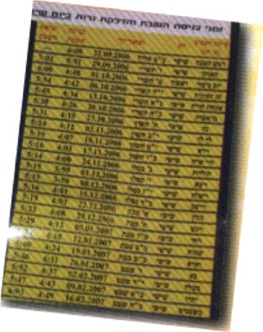
One must light candles at the time cited on the Jewish calendar. One must not do so afterwards, because it is forbidden to kindle any fire on Shabbat. After the lighting, one recites the blessing:
“Baruch Ata Ado-nai Elo-henu Melech ha'olam asher kidshanu be’mitzvosav ve’tzivanu le’hadlik ner shel Shabbat.”
Some women practice the custom of blessing after the kindling.
Performing a mitzvah as great as lighting candles on time, is a favorable occasion for praying, especially for meriting good children.
• One should rejoice at the arrival of Shabbat, as if he is going out to greet a king” (Shulchan Aruch, "Orech Chayim," stanza 252).
• “Wise people hasten to usher in Shabbat and to receive its blessings. They also delay parting from it at its end. One who understands that a person who hastens to receive Shabbat and delays parting from it in order to receive G-d’s blessing which anyway befalls those who observe Shabbat, is fortunate” (Chofetz Chayim on the Torah, parshas Beraishis 2:3).



